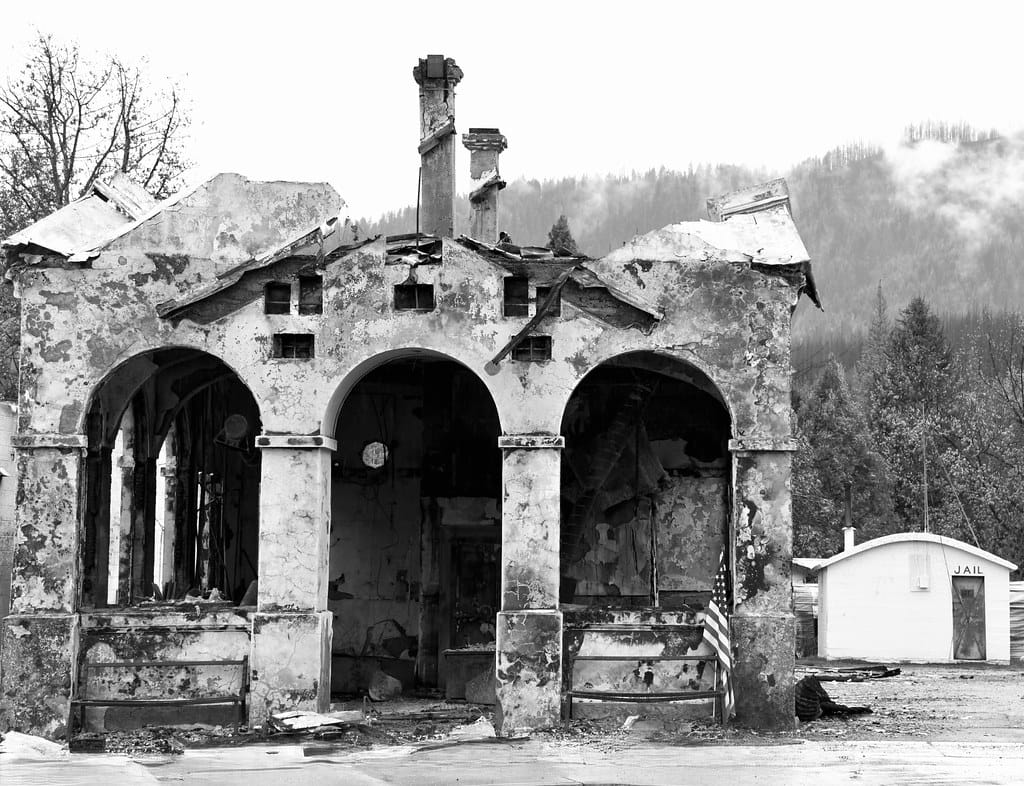Major Oil Companies Hit with Groundbreaking 'Climate Death' Lawsuit
A landmark legal case is making waves across the energy sector as major oil companies face their first-ever wrongful death lawsuit directly linking fossil fuel emissions to climate-related fatalities. The precedent-setting case could reshape corporate accountability in the climate change era and open floodgates for similar litigation worldwide.
The Case That Could Change Everything
The lawsuit, filed in Oregon state court, names ExxonMobil, Shell, BP, and Chevron as defendants in the wrongful death of a 69-year-old woman who died during the Pacific Northwest's unprecedented 2021 heat dome event. Temperatures soared to 116°F in Portland, contributing to over 1,400 heat-related deaths across the region.
This marks the first time oil companies have been directly sued for climate-related deaths, moving beyond property damage claims to assert that fossil fuel emissions constitute a public health crisis with fatal consequences.
Legal Strategy Behind the Groundbreaking Suit
The plaintiffs' legal team is employing a sophisticated approach that combines decades of climate science with corporate accountability law. Their strategy rests on three key pillars:
Scientific Attribution: Advanced climate modeling now enables scientists to determine how much human-caused climate change contributed to specific extreme weather events. The 2021 heat dome, researchers concluded, was made 150 times more likely due to global warming.
Corporate Knowledge: Internal company documents, similar to those used in tobacco litigation, allegedly show oil companies knew about climate risks decades before public disclosure while funding climate denial campaigns.
Causation Chain: The lawsuit argues a direct line from corporate decisions to promote fossil fuels, to increased emissions, to enhanced extreme weather, to specific deaths.
Industry Response and Implications
Oil companies are vigorously defending against the lawsuit, arguing that climate change results from complex global systems rather than actions by individual corporations. Industry lawyers contend that courts lack the expertise to adjudicate climate science and that regulatory agencies, not litigation, should address emissions.
However, legal experts suggest this case represents an evolution in climate litigation strategy. Previous lawsuits typically sought damages for property losses or demanded emissions reductions. By focusing on wrongful death, this case personalizes climate impacts in ways that could resonate powerfully with juries.
The Broader Legal Landscape
This lawsuit arrives amid a surge in climate litigation worldwide. Over 2,500 climate cases have been filed globally, with recent victories including:
- The Netherlands' Urgenda decision requiring government emissions cuts
- Montana youth winning constitutional climate rights
- European Court of Human Rights cases linking climate change to human rights violations
Legal scholars note that successful tobacco and asbestos litigation followed similar patterns—early cases faced skepticism before breakthrough victories opened the litigation floodgates.
Financial and Regulatory Ramifications
If successful, the case could expose oil companies to massive financial liability. With extreme weather events causing thousands of deaths annually in the United States alone, potential damages could reach billions of dollars across multiple lawsuits.
The energy sector is already grappling with increased regulatory scrutiny, shareholder pressure for climate action, and stranded asset risks as the world transitions to renewable energy. Additional legal liability could accelerate this transformation by making fossil fuel investments increasingly unattractive.
Insurance companies are watching closely, as climate liability could affect coverage decisions and premium calculations for energy companies.
What This Means Moving Forward
This lawsuit represents more than legal maneuvering—it's a test of whether courts will hold corporations accountable for climate impacts in the same way they've addressed tobacco, asbestos, and pharmaceutical harms.
The case will likely take years to resolve, potentially reaching the Supreme Court. However, its mere filing signals a new phase in climate accountability where individual deaths, not just environmental damage, become central to corporate responsibility debates.
For businesses across all sectors, the lawsuit serves as a warning that climate risks extend beyond regulatory compliance to potential criminal and civil liability. Companies may need to reassess their climate strategies, disclosure practices, and legal exposure in light of this evolving landscape.
As extreme weather events become more frequent and severe, and as attribution science grows more precise, the intersection of climate change and corporate liability will only intensify. This groundbreaking case may well be remembered as the moment when climate accountability entered a new, more personal—and potentially more consequential—era.

